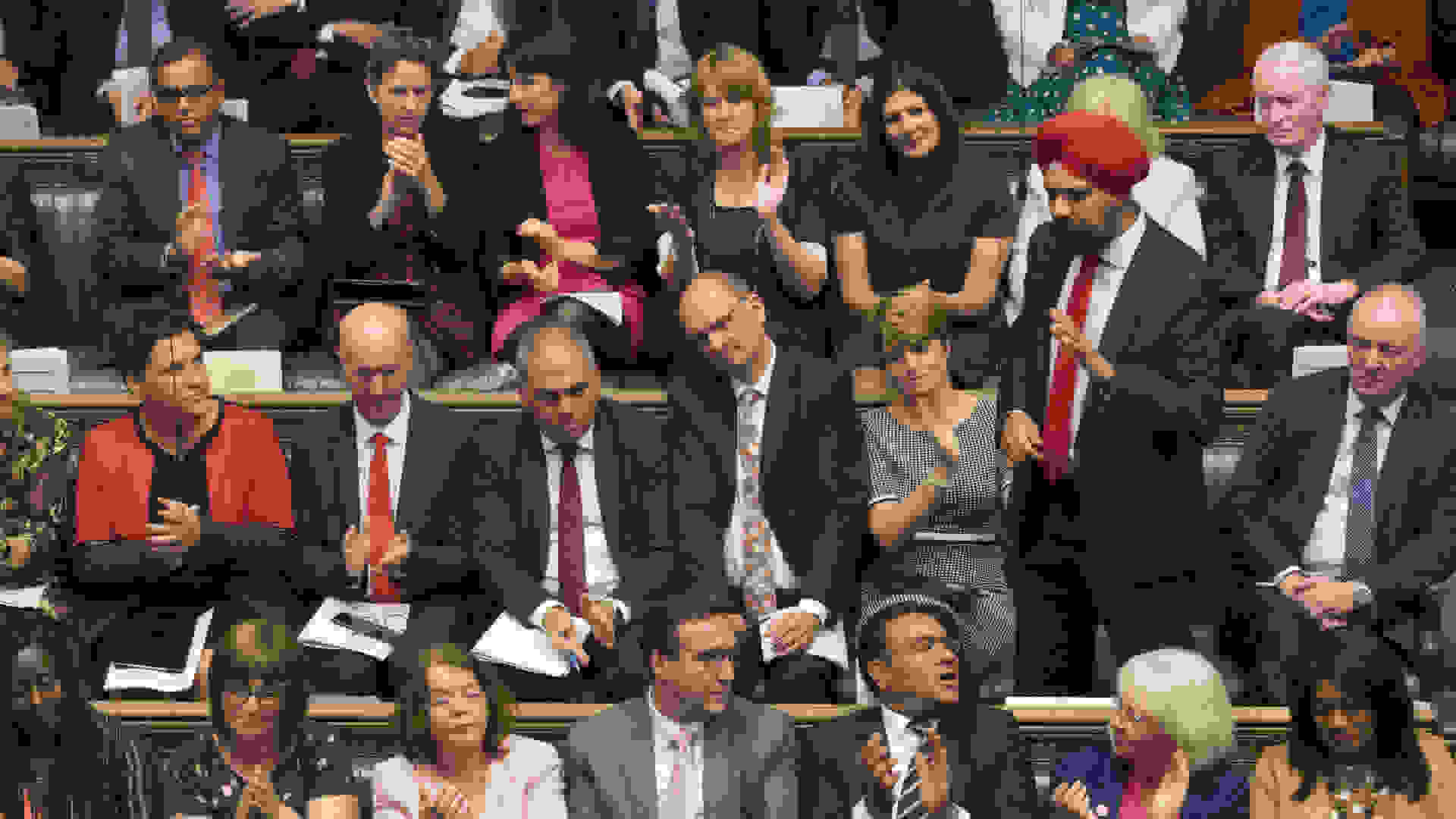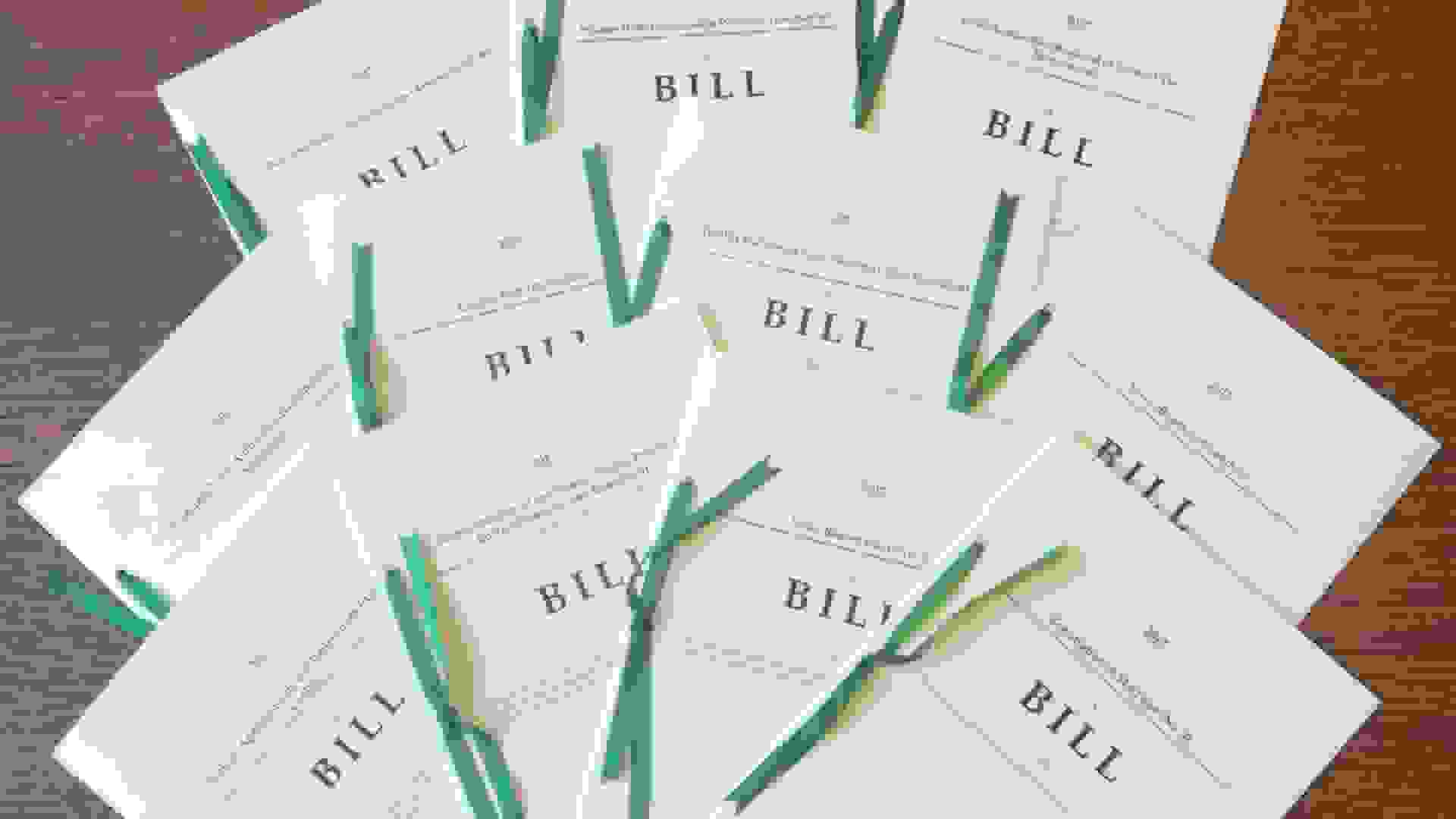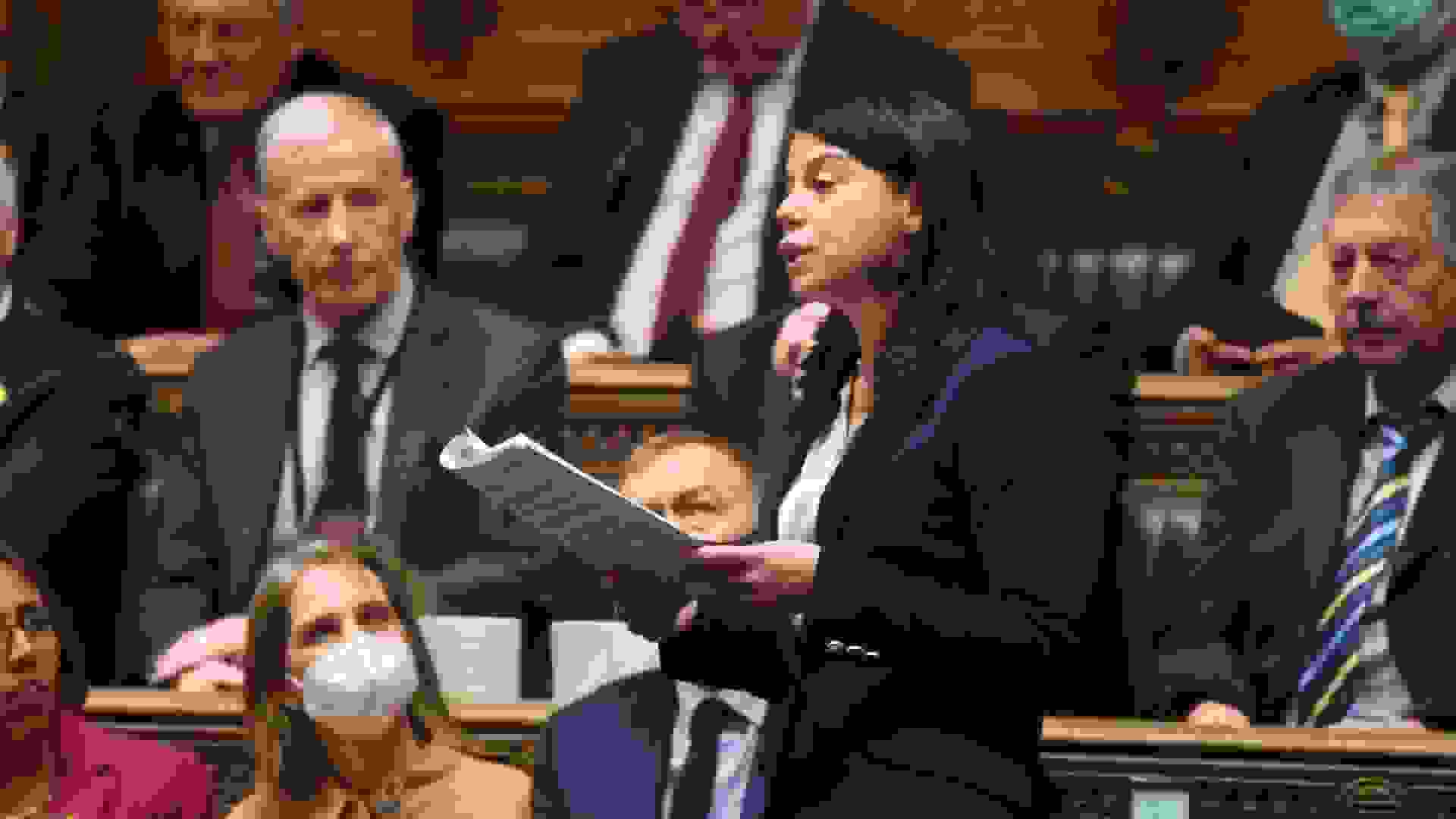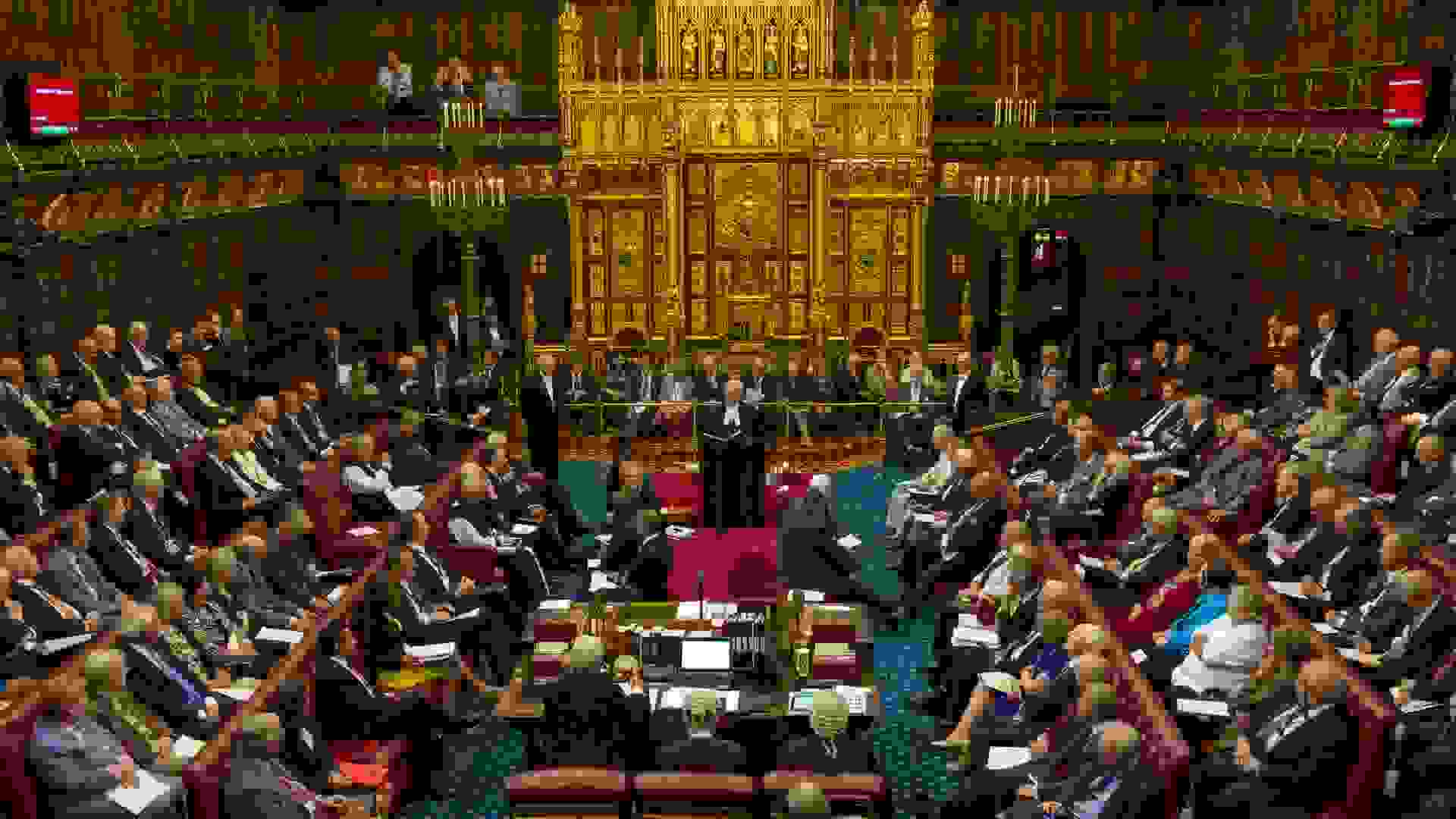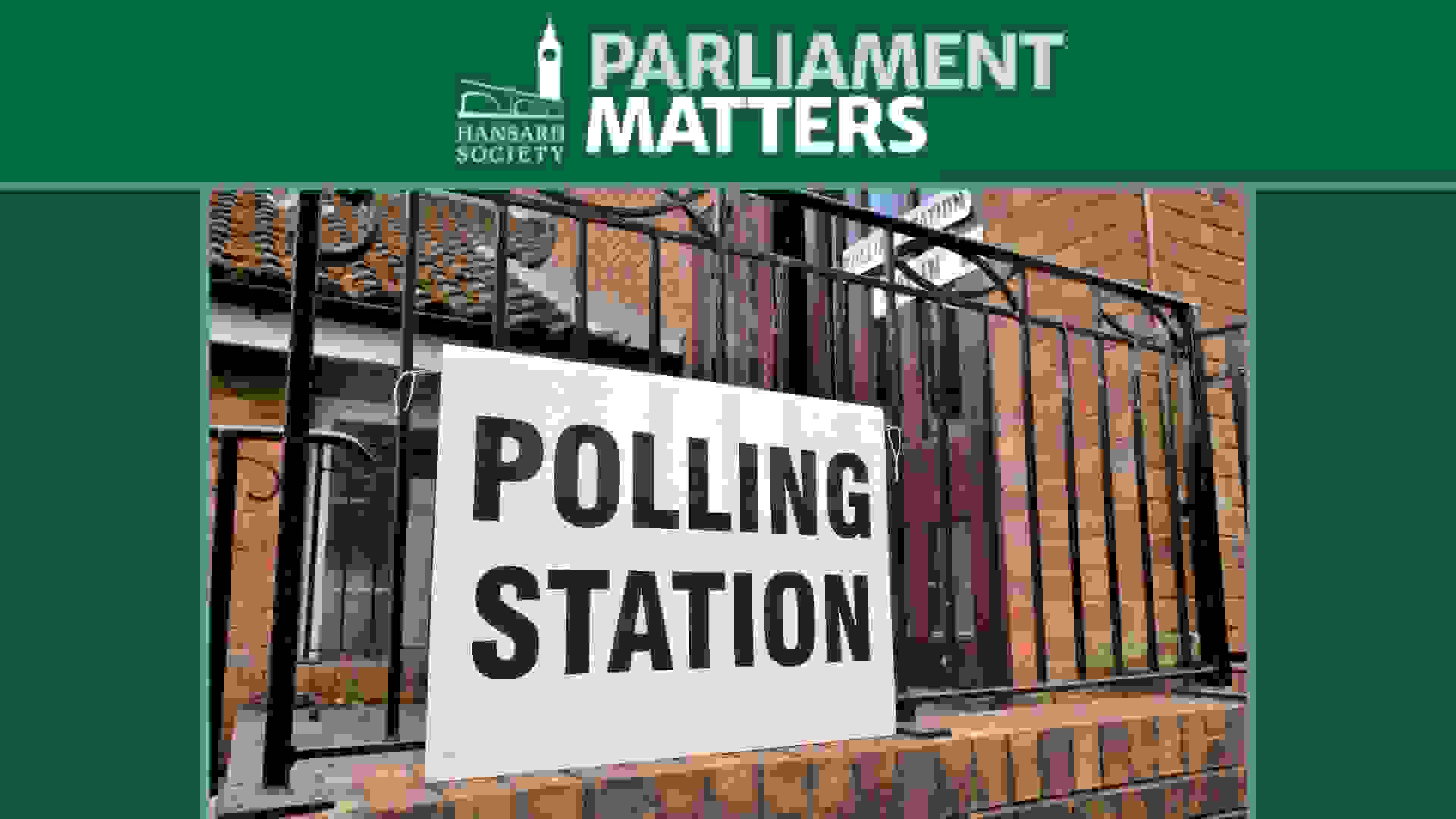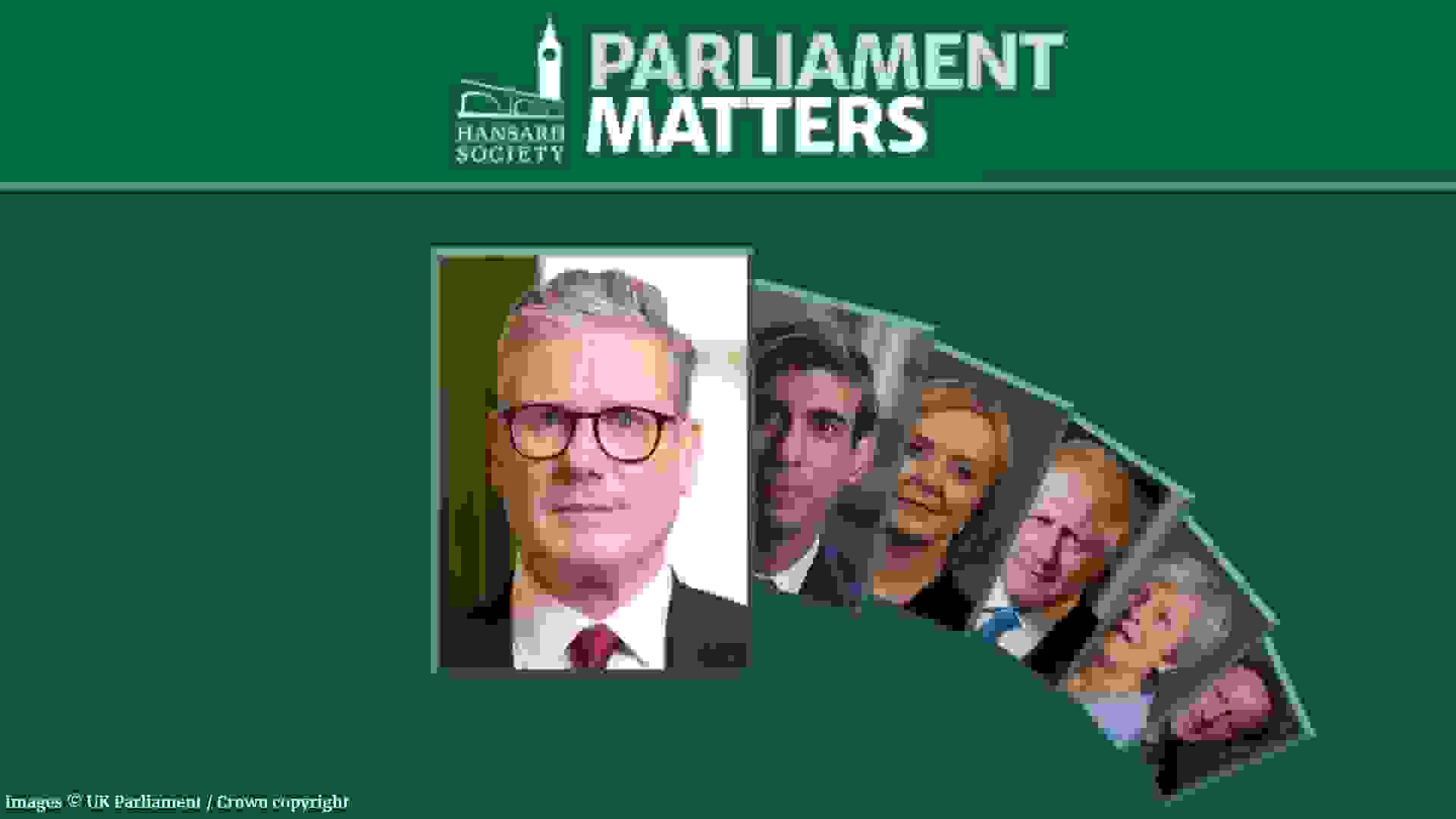Guides / Why are Private Members' Bills debated on a Friday?
Thirteen Friday sittings are set aside in the House of Commons each Session for consideration of PMBs, signifying a commitment to provide some freedom from the normal constraint that 'Government business shall have precedence at every sitting' (Standing Order No.14(8)). Unless the House decides otherwise, these are the only Friday sittings held each Session. Last updated: 4 May 2022
